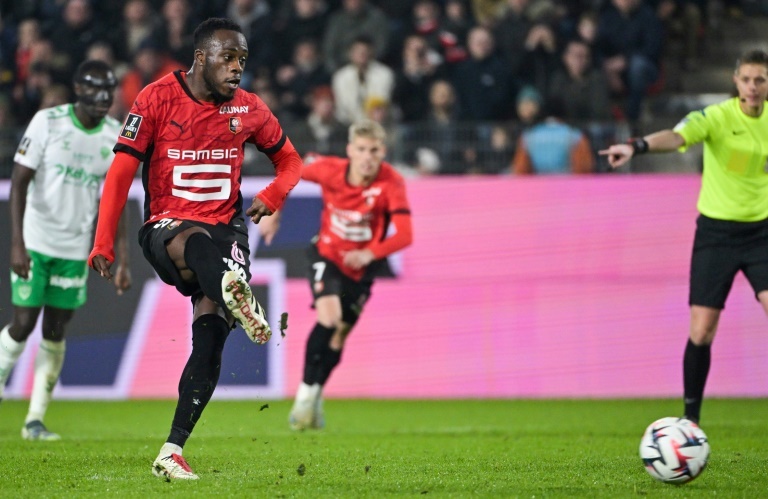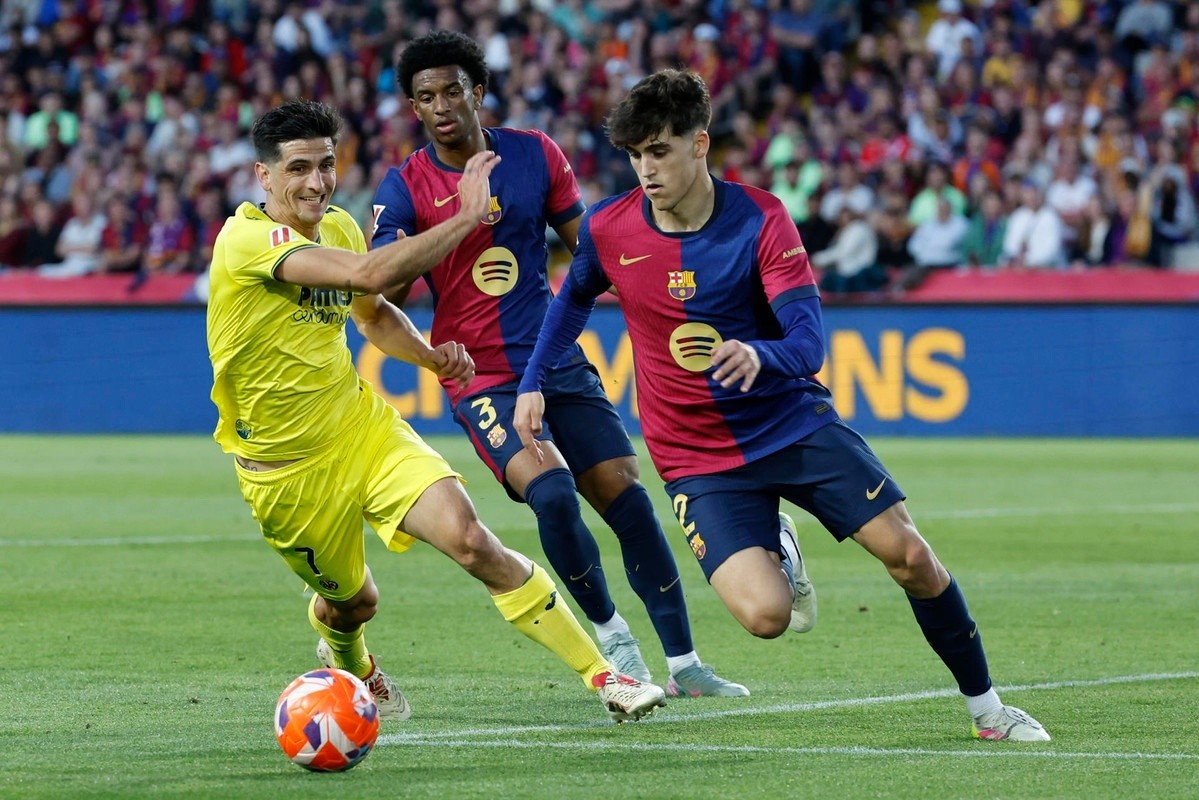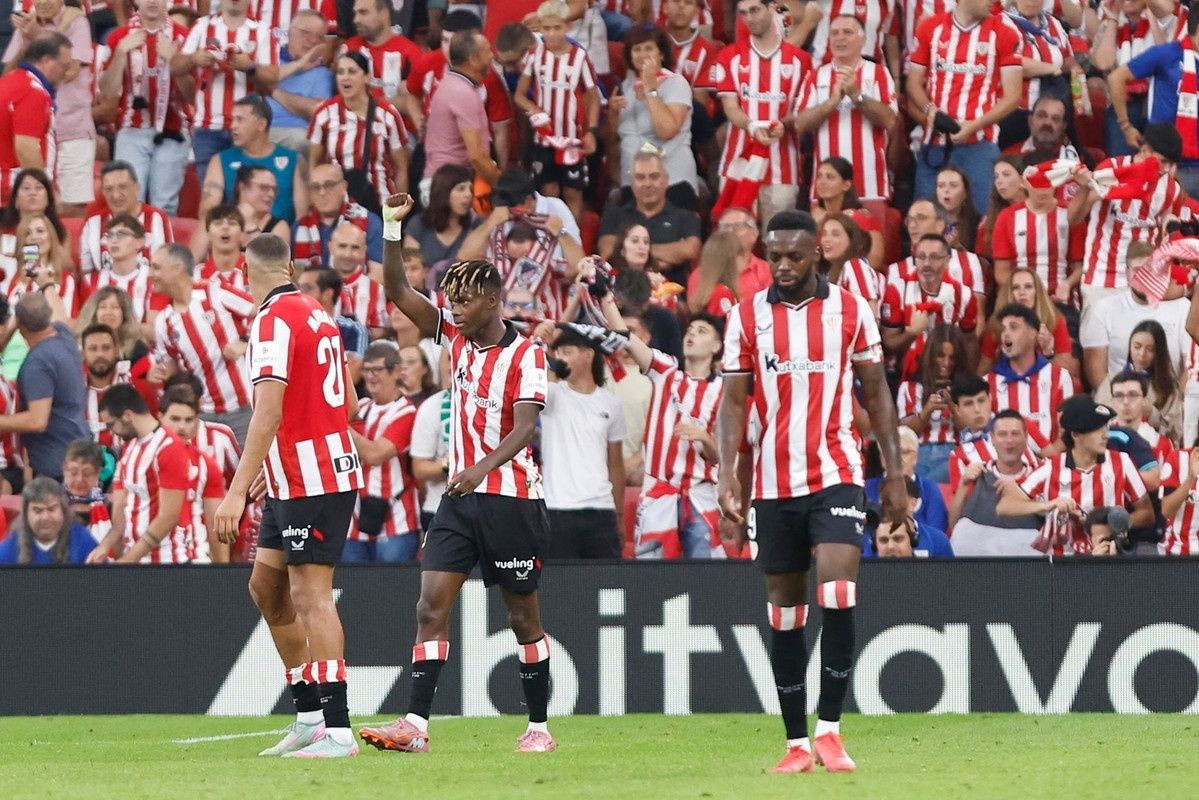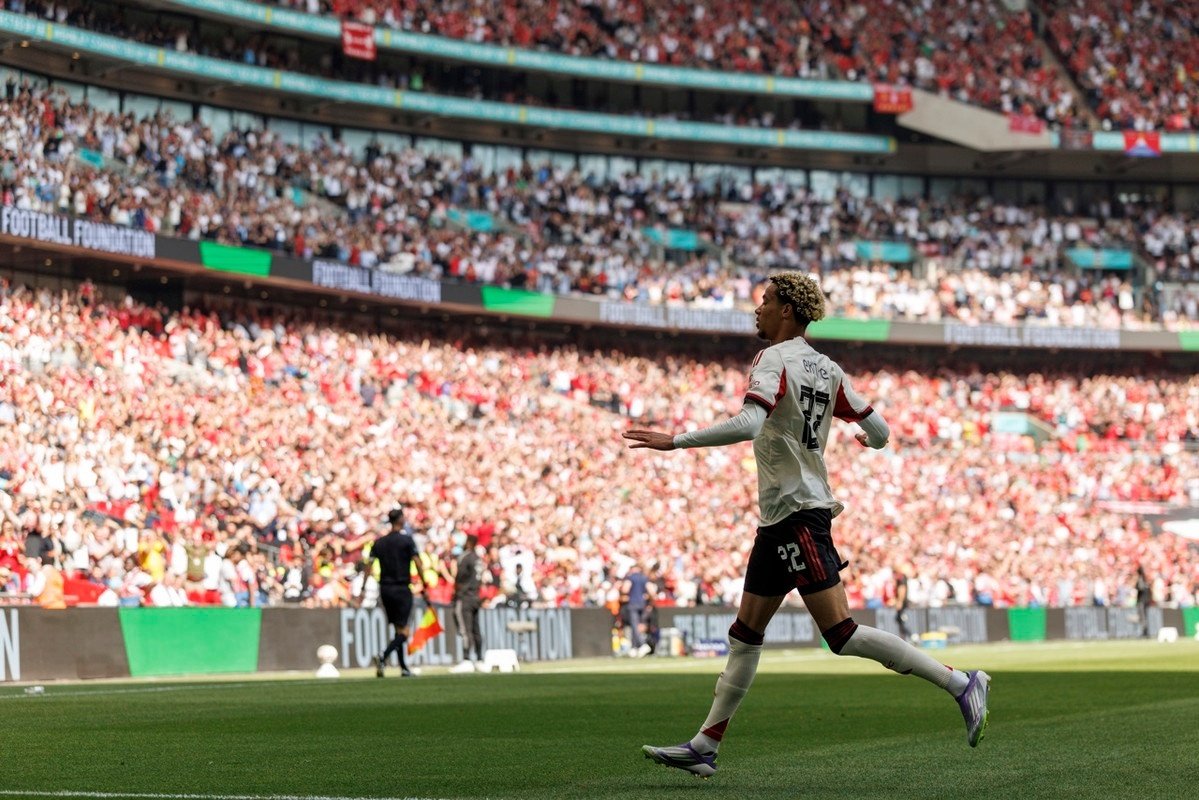Famous Soccer Coaches and Their Winning Strategies

Soccer is not just a game of skill and athleticism; it’s also a battle of tactics and strategy. The influence of a great coach can transform a team, turning potential into performance. In this article, we’ll explore some of the most famous soccer coaches, their unique strategies, and how they achieved success on the pitch.
11 months ago
Johan Cruyff is often regarded as one of the greatest minds in soccer history. His philosophy of "Total Football" revolutionized the situs slot gacor online terpercaya game. This strategy emphasized fluid movement, where players could interchange positions and maintain possession. Cruyff’s Barcelona teams showcased this approach, winning numerous titles in the 1990s.
Key Strategy:
Positional Play: Players were trained to understand their roles within a dynamic system, enabling quick transitions and maintaining shape.
Youth Development: Cruyff prioritized nurturing young talent through La Masia, ensuring a constant flow of skilled players into the first team.
Sir Alex Ferguson is synonymous with success at Manchester United, leading the club to 13 Premier League titles and two UEFA Champions League victories. His ability to adapt tactics based on player strengths and opponent weaknesses set him apart.
Key Strategy:
Rotation and Squad Depth: Ferguson effectively rotated his squad to manage player fatigue and injuries, ensuring peak performance throughout the season.
Psychological Preparation: He understood the mental aspect of the game, motivating players and instilling a winning mentality.
Pep Guardiola is renowned for his possession-based style, often referred to as "tiki-taka." This method focuses on short passes maintaining ball control, wearing down opponents, and creating goal-scoring opportunities.
Key Strategy:
High Pressing: Guardiola’s teams are known for their aggressive pressing, regaining possession quickly after losing the ball.
Fluid Formations: His tactical flexibility allows players to adapt to various formations, ensuring unpredictability and creativity on the field.
José Mourinho is famous for his pragmatic approach to soccer, often prioritizing results over aesthetics. His ability to organize a solid defensive structure has led to success across various clubs, including Porto, Chelsea, and Real Madrid.
Key Strategy:
Counter-Attacking Football: Mourinho’s teams excel at absorbing pressure and launching quick counter-attacks, exploiting opponents’ weaknesses.
Psychological Warfare: He is adept at using mind games to unsettle opponents and create an advantage before matches.
Arsène Wenger is credited with transforming English soccer, particularly during his time at Arsenal. He introduced innovative training methods and nutrition, emphasizing the importance of a holistic approach to player development.
Key Strategy:
Fluid Attacking Play: Wenger’s teams are known for their attractive, attacking style, characterized by quick passing and movement.
Youth Integration: He focused on developing young players and integrating them into the first team, fostering a culture of growth.
Jurgen Klopp has made a significant impact at Liverpool, leading the club to a Champions League title and a Premier League victory. His high-energy style, known as "heavy metal football," relies on intense pressing and quick transitions.
Key Strategy:
Team Cohesion: Klopp emphasizes building strong relationships among players, creating a united front on and off the pitch.
Dynamic Attacking Play: His teams utilize width and pace, making them a constant threat in the attacking third.
The world of soccer coaching is filled with innovative thinkers and tactical geniuses who have shaped the game in profound ways. From Johan Cruyff’s Total Football to Pep Guardiola’s possession-based approach, each coach has left a lasting legacy. Their winning strategies not only define their teams but also inspire future generations of coaches and players. Understanding these strategies gives fans a deeper insight into the beautiful game and its relentless pursuit of excellence.
Key Strategy:
Positional Play: Players were trained to understand their roles within a dynamic system, enabling quick transitions and maintaining shape.
Youth Development: Cruyff prioritized nurturing young talent through La Masia, ensuring a constant flow of skilled players into the first team.
Sir Alex Ferguson is synonymous with success at Manchester United, leading the club to 13 Premier League titles and two UEFA Champions League victories. His ability to adapt tactics based on player strengths and opponent weaknesses set him apart.
Key Strategy:
Rotation and Squad Depth: Ferguson effectively rotated his squad to manage player fatigue and injuries, ensuring peak performance throughout the season.
Psychological Preparation: He understood the mental aspect of the game, motivating players and instilling a winning mentality.
Pep Guardiola is renowned for his possession-based style, often referred to as "tiki-taka." This method focuses on short passes maintaining ball control, wearing down opponents, and creating goal-scoring opportunities.
Key Strategy:
High Pressing: Guardiola’s teams are known for their aggressive pressing, regaining possession quickly after losing the ball.
Fluid Formations: His tactical flexibility allows players to adapt to various formations, ensuring unpredictability and creativity on the field.
José Mourinho is famous for his pragmatic approach to soccer, often prioritizing results over aesthetics. His ability to organize a solid defensive structure has led to success across various clubs, including Porto, Chelsea, and Real Madrid.
Key Strategy:
Counter-Attacking Football: Mourinho’s teams excel at absorbing pressure and launching quick counter-attacks, exploiting opponents’ weaknesses.
Psychological Warfare: He is adept at using mind games to unsettle opponents and create an advantage before matches.
Arsène Wenger is credited with transforming English soccer, particularly during his time at Arsenal. He introduced innovative training methods and nutrition, emphasizing the importance of a holistic approach to player development.
Key Strategy:
Fluid Attacking Play: Wenger’s teams are known for their attractive, attacking style, characterized by quick passing and movement.
Youth Integration: He focused on developing young players and integrating them into the first team, fostering a culture of growth.
Jurgen Klopp has made a significant impact at Liverpool, leading the club to a Champions League title and a Premier League victory. His high-energy style, known as "heavy metal football," relies on intense pressing and quick transitions.
Key Strategy:
Team Cohesion: Klopp emphasizes building strong relationships among players, creating a united front on and off the pitch.
Dynamic Attacking Play: His teams utilize width and pace, making them a constant threat in the attacking third.
The world of soccer coaching is filled with innovative thinkers and tactical geniuses who have shaped the game in profound ways. From Johan Cruyff’s Total Football to Pep Guardiola’s possession-based approach, each coach has left a lasting legacy. Their winning strategies not only define their teams but also inspire future generations of coaches and players. Understanding these strategies gives fans a deeper insight into the beautiful game and its relentless pursuit of excellence.







Comments